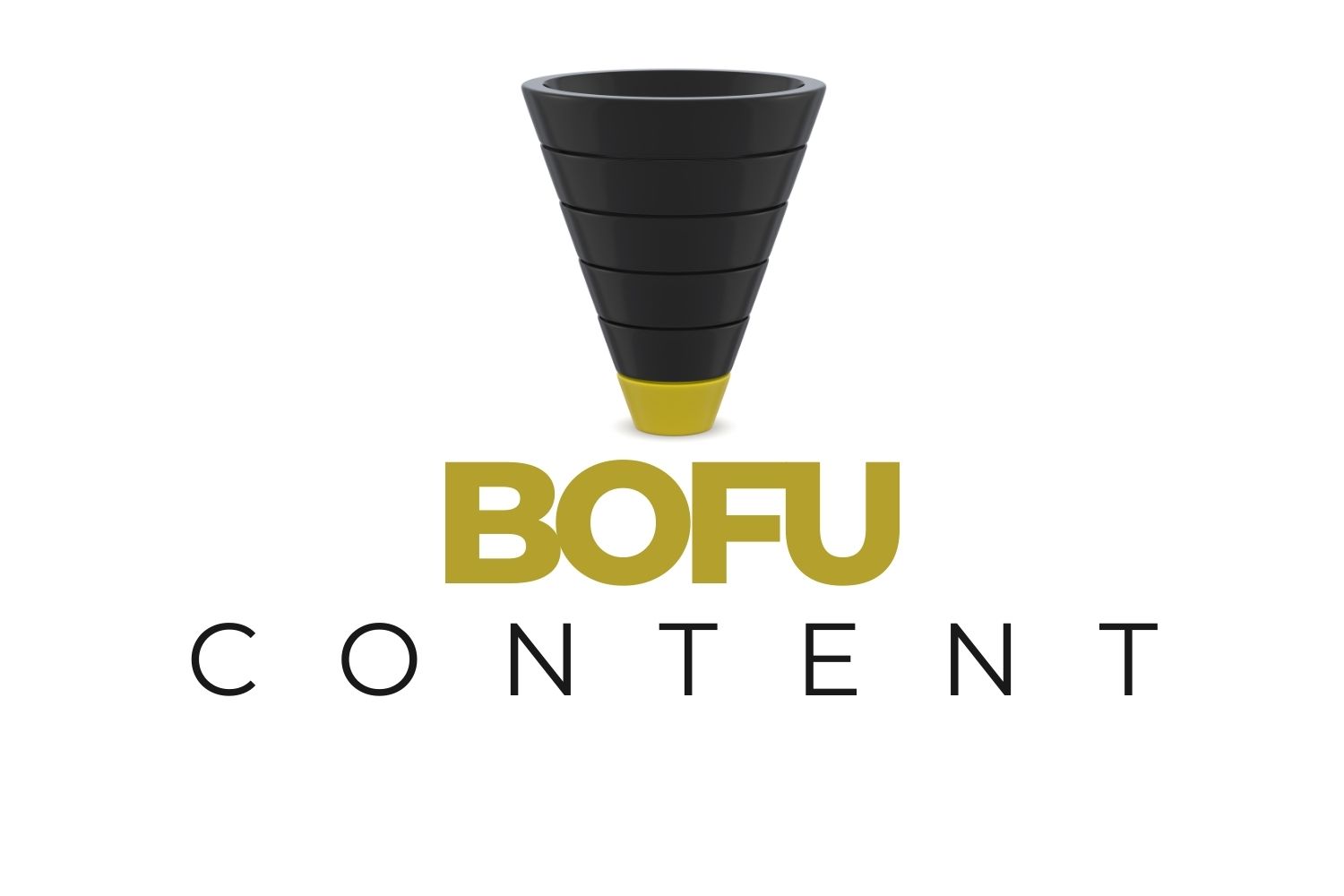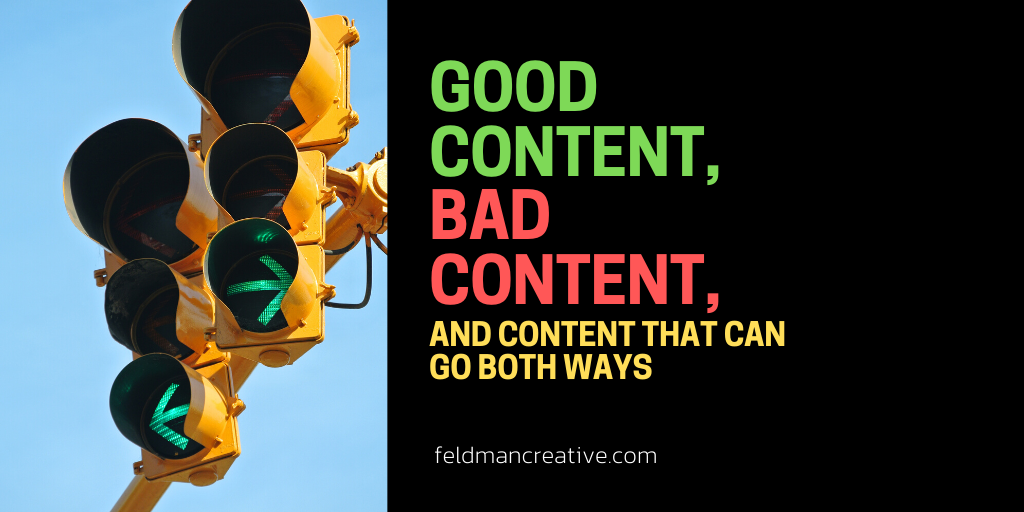Do I sound like a doomsday predictionist up on his soapbox?
Hang with me. The future’s bright. But here and now, I want to impress something important on you…
Content marketing is not your secret weapon anymore. You might be podcasting, publishing newsletters, offering eBooks, posting videos, etc. Surely, you’re blogging and sharing your stuff with social media.
Good for you. These are smart strategies to get discovered online and build relationships. You get that.
But do you get this? Everyone else is doing it too. Seriously, in the recently published research report by Content Marketing Institute and MarketingProfs, it says 93% of B2B companies are active in some way, shape or form in content marketing.
It also states an alarmingly miniscule percentage of these companies are confident their efforts are effective. One possible explanation is most companies don’t really know if their content marketing efforts work. Another possible explanation is they simply don’t.
Why wouldn’t your content marketing be effective?
Too much noise. Too much competition. Too much crap.
Tell me you don’t feel this way when you check your email in the morning. Given the flood of content coming at us now, it’s like we’re all human sump pumps. We ignore and dispose of the stuff like it’s advertising.
Should this discourage you from doing content marketing? No. It should discourage you from producing drek. If you don’t want your stuff trashed, you have to publish stuff your prospects will treasure.
This isn’t easy to do.
The ever-quotable Jason Falls teaches the content that will forward your marketing initiatives is the rare stuff that makes viewers say, “holy shit.” (Sometimes he says “holy smokes.”) What he means to be saying is if content is to be effective it needs to blow minds for one reason or another.
In his semi-famous presentation, “Crap,” Velocity Partners’ Doug Kessler says, “The biggest threat to content marketing is content marketing.”
Kessler explains:
A lack of skills, or a lack of commitment to hiring skilled creative talent to do the work, is a serious impediment to creating amazing content. He writes, “People who ‘get’ content, understand context and can actually produce things audiences want to consume.”
The people we market to will raise their barriers. They’ll be reluctant to trust your content.
The winners will be those who build great content brands.
Kessler defines a great content brand as one that’s known for producing intelligent, useful and entertaining content that’s always worth consuming. He follows with six principles these brands abide by.
- Be the buyer—You must understand your buyer—their challenges, needs, and concerns.
- Be authoritative—You must operate in your sweet spot where you understand the things prospects care about better than anyone.
- Be strategic—Kessler warns one-offs or “content islands” don’t add up to strategy and won’t return the long-term success you desire.
- Be prolific—Content marketing is a marathon.
- Be passionate—You must truly care. Faking it won’t do.
- Be tough on yourself—Inner voices will call you when you’re being lazy. “Holy shit” doesn’t come easily.
The content deluge is approaching (or has it arrived?). Will you raise your game?
One million thanks to Velocity Partners for the inspirational slide deck, profound quotables and painful truths.
Read: “Content Marketing Isn’t for Everybody” and discover three bad reasons to do content marketing.
Doug Kessler was nice enough to discuss his presentation with me in this interview.
This post was originally published in my “Content Marketing Minds” column on Social Media Today.







Comments
Sally Dickson_ RSS
Hi Barry,
Maybe I did not quite get the point, but how to manage:
Be prolific—Content marketing is a marathon.
Vs
Too much noise. Too much competition. Too much crap.
🙂
Ken Carroll
Sally, my take: The deluge is here whether we like it or not. But most of it isn’t very good. So, the key is to consistently produce good stuff so that your brand becomes associated with quality content. I personally would argue for quality over quantity and I think this may become even truer in the future. (I know that others will argue for quantity.) I think success is partly a numbers game but it’s definitely a remarkability game, too – you have to do really good work. The question then becomes how we define quality and how we master that art.
I’m, sure Barry will have useful thoughts on this!
Barry Feldman
Definitely agree. And yes, quality trumps quantity. Ultimately, you have to assess what’s working.
Barry Feldman
Be useful and relevant. Doug’s list should be useful.
MSchaut
I think we have reached the point of content ‘burn out’. Ads, useless ‘content’ that takes time, gives nothing…. people have real issues and even those who the search engines think know what they’re talking about are buried unless you’re a ‘major’ corporate player. IMHO, I see many people simply abandoning social media of all kinds, consigning most emails into the spam bin and are headed back to getting a ‘life’.
Barry Feldman
Abandoning social media? I think not.
Ken Carroll
Interesting and informative. Doug cites timing – or the right message at the right time – as the reason for the success of the deck. Agreed. But there’s more to it than that – the design, the attitude, the experience for the viewer, as well as the compelling copywriting style (Slideshare is a copywriter’s dream). He communicates in narrative, not stats. This is a user-friendly way to do it.
All of those qualities contribute to something unique. And all of them are likely to connect with the viewer in a personal way. No offense to CMI, who I greatly admire, but compare their deck above. The CMI decks is corporate and lacking in attitude – functional but not compelling.
Barry Feldman
Great points. Sounds like you’ve clicked around a bit on SlideShare.